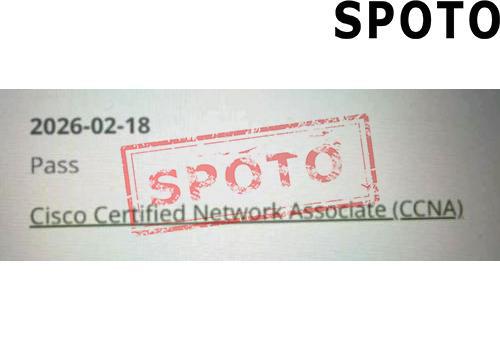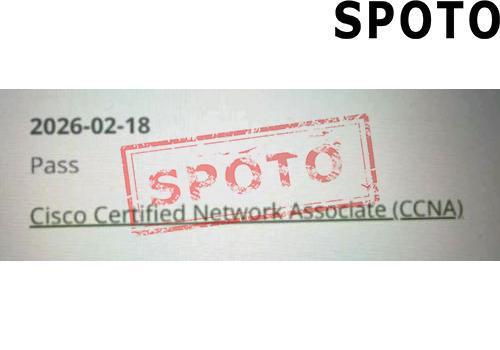
Table of Contents
This article will introduce you to what a Network Administrator is, the career information of a Network Administrator and the necessary conditions to become a Network Administrator. By reading this article, you will gain an in-depth understanding of the profession of Network Administrator.
1. What is a Network Administrator?
A Network Administrator is an IT professional responsible for designing, implementing, maintaining, and troubleshooting an organization’s computer networks. These networks can range from small local area networks in a single office to large wide area networks connecting multiple locations, and may include on-premises infrastructure, cloud-based networks, or hybrid setups. The core goal of a Network Administrator is to ensure network availability, security, and performance to support business.
2. How much does a Network Administrator Make?
Generally speaking, affected by geographical factors, first-tier cities generally have higher salaries, with 72.8% of network administrator positions earning between 6-10K per month and 7-12W per year. Second-tier cities are relatively low, with 88.2% of positions earning 3-8K per month and 4-10W per year. Network administrators in marginal villages may earn even less.
The salary of fresh graduates is relatively low. According to Zippia data, 83.3% of network administrator positions earn 3K to 8K per month. With the accumulation of experience, the salary will gradually increase. Generally, the higher the education level, the higher the salary. The salary of a network administrator will also be affected by the scale of the enterprise and industry factors. Large enterprises or Internet companies have larger business scales and higher technical requirements, so their salaries are more considerable. Senior network administrators in large enterprises in first-tier cities can earn more than 10,000 yuan per month. In addition, in industries with higher requirements for network security, such as finance, government, and the Internet, network administrators will also have higher salaries.
3. Responsibilities of a Network Administrator
Network administrators plan and set up network infrastructure, design and implement networks, and configure network protocols and services to enable communication between devices. Perform regular maintenance tasks, maintain and monitor networks, patch network devices, and optimize network performance. Network administrators also need to actively troubleshoot and solve problems, diagnose and resolve network problems encountered to minimize downtime and protect the network from unauthorized access, malware, or cyber attacks. In addition to this, network administrators are also required to assist employees with network-related issues, such as not being able to connect to the office Wi-Fi, email server issues. Maintain network documentation, including topology diagrams, device configurations, and security policies. Expand network capacity to support growing business needs.
4. What Are the Qualifications to Become a Network Administrator?
(1) Obtain a Bachelor's Degree
While not always strictly required, most employers prefer candidates with associate's or bachelor's degrees, typically in fields like computer science and information technology. Those with a bachelor's degree or above are more competitive in large companies or high-paying positions, especially when it comes to complex network architecture, where academic qualifications are often used as a screening threshold. Network Engineering, or Computer Networking. These programs cover foundational topics such as network protocols, operating systems and basic cybersecurity. For entry-level roles, a diploma in network administration or IT support may suffice, especially when paired with certifications.
(2) Core Technical Skills
To become a Network Administrator, you need a combination of educational background, technical skills, certifications, and practical experience to manage and troubleshoot networks effectively.Network administrators must master the basics of networking, be proficient in network protocols, understand network topology, and be familiar with network devices in order to effectively manage and troubleshoot network problems. They also need to understand common threats and mitigation measures, troubleshoot and monitor, and be able to use certain tools to diagnose network problems, solve connection problems, bandwidth bottlenecks or hardware failures, and have basic scripting skills and be familiar with scripting languages to automate repetitive tasks.
(3) Earn Industry Certifications
Certification is an important proof of ability, especially for those without experience or job seekers in different industries. For fresh graduates, companies will also prefer job seekers who have better previous experience and more industry-recognized certificates. Cisco CCNA focuses on Cisco equipment configuration, routing and switching, and is an entry-level certification with high industry recognition. Cisco CCNP is more suitable for large-scale network architecture management. It is a more advanced certificate certification suitable for professionals who want to further develop their career path.
SPOTO Academy's courses cover key technologies such as CCNA, CCNP, SPOTO has gathered a large number of excellent teachers. Many experts have rich industry experience and master cutting-edge professional technologies. Whether you are a novice or a worker who wants to further study in the industry, you can find a course suitable for you in SPOTO.
5. Similar Occupations of Network Administrator
- Network Engineer
- System Administrator
- Cloud Engineer
- Network Security Engineer
- IT Support Engineer










